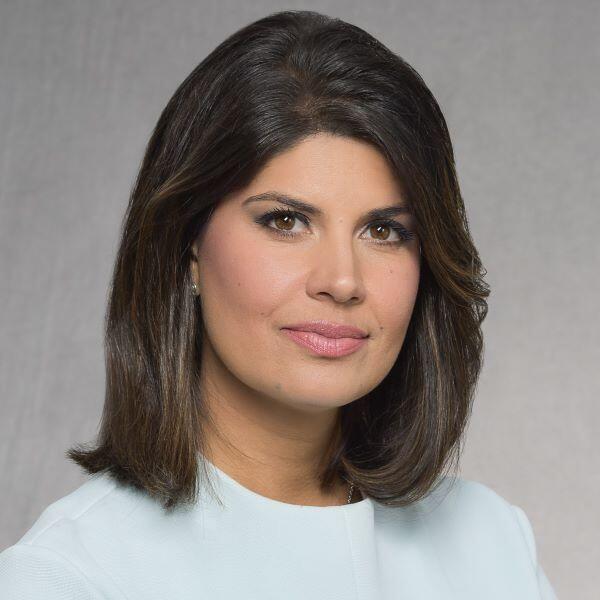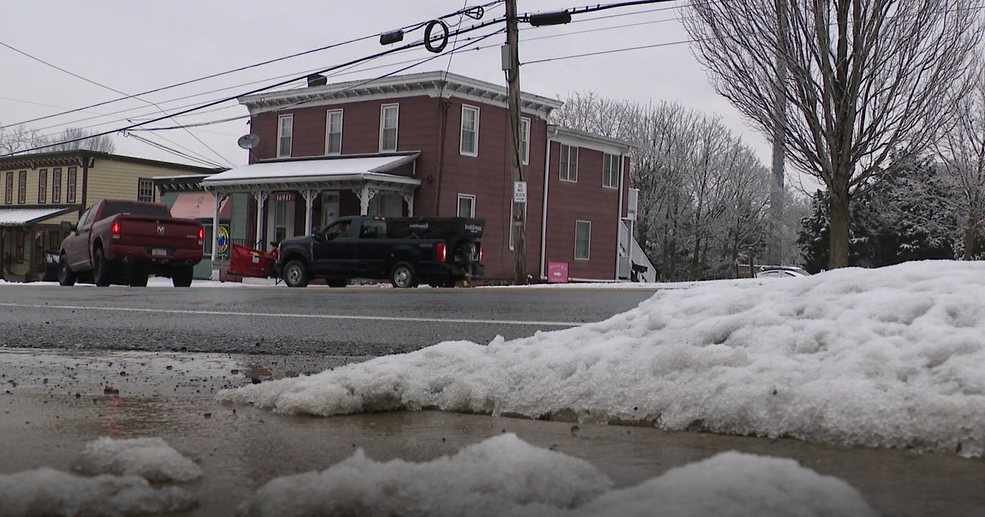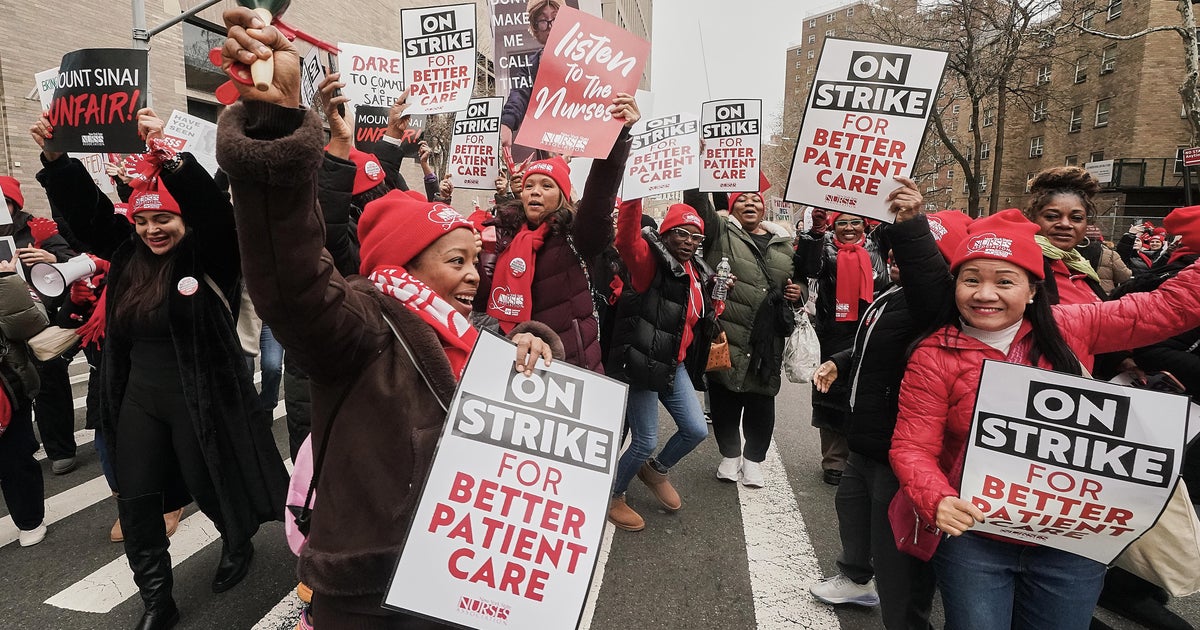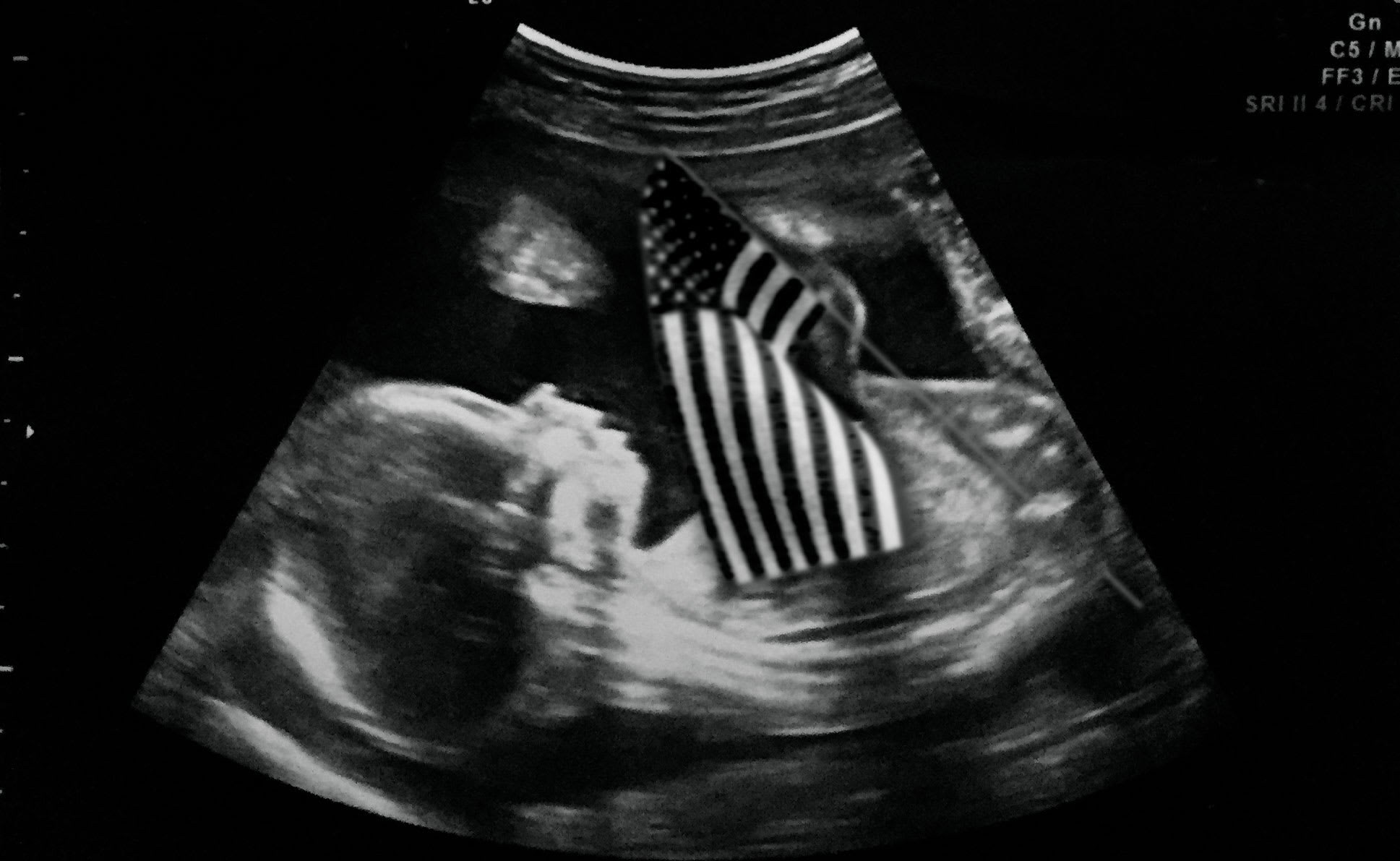These ultrasound mobile units are helping pregnant women in cities lacking care
More than one-third of U.S. counties lack care for pregnant women, according to March of Dimes. To help bridge the gap, the nonprofit has rolled out mobile units with ultrasound capabilities in cities lacking care.
Certified nurse midwife Billie Hamilton-Powell runs the mobile office in the Washington D.C. and Maryland region, reaching women who might otherwise go without care.
"During pregnancy, it's important to go to the doctor; they'll be able to check for abnormalities," said Jennifer Eleribe, who currently doesn't have insurance.
Eleribe worried about finding prenatal care until her colleague told her about the service.
March of Dimes helped launch the Mobile Health Centers with providers in local communities, targeting the geographic regions that need the support. Currently, there are units in Columbus, Ohio, Phoenix and Tucson, Arizona, Washington, D.C., and New York. Houston is expected to launch a unit later this year.
"We know women who don't get prenatal care are three to four times more likely to die," said Dr. Elizabeth Cherot, president and CEO of March of Dimes.
Cherot says the care can be lifesaving in the areas considered maternity care deserts, lacking a hospital or birth center that offers obstetric care or providers.
In these maternity care deserts, more than 2 million women are living with no access to prenatal care or obstetricians, according to the March of Dimes. Millions more live in areas where medical support is extremely limited, the organization estimates.
"In rural South Dakota you're driving 150 miles, can you imagine for one prenatal visit?" Cherot said.
Urban settings are also affected, such as Prince George's County, Maryland, just outside of D.C.
"If a mom gets prenatal care, I can save her from having problems with her diabetes, hypertension, preterm labor," said Hamilton-Powell, who is also director of midwifery and mobile health services at University of Maryland Capital Region Health Medical Group.
Hamilton-Powell serves women who are uninsured or underinsured, and she says it saves the patients and the hospitals in the long run since the health outcomes of her patients have improved.
"I don't want a woman to worry about am I going to pay my rent, or am I going to pay my deductible or not get my prenatal care," she said. "This is going to solve that problem."
This isn't the only type of mobile care popping up.
Last year, CBS chief medical correspondent Dr. Jon LaPook reported on groundbreaking mobile stroke units that helped get treatment to patients over half an hour quicker than traditional emergency medical methods.
And earlier this year, in an effort to address prostate cancer rates, mobile units in New York brought free screenings to communities who need it most.
Called the Mount Sinai Robert F. Smith Mobile Prostate Cancer Screening Unit, blood tests are done right on the mobile unit with results in 23 minutes. Follow-up exams can also be done on the bus.






